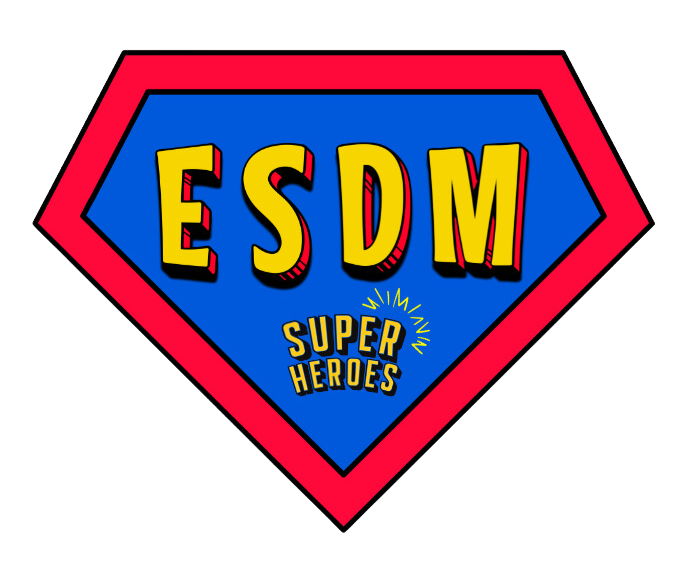In this lesson
Chapter 14 of "An Early Start for Your Child with Autism" provides strategies for helping children with autism make friends, covering social development, challenges faced, supporting social skills, building communication skills, promoting emotional understanding, collaborating with schools and communities, celebrating successes, and supporting peer awareness and acceptance.
This session concludes our P-ESDM Online Coaching journey.
-
Resources to Enhance Social Skills:
Books and Guides:
"Social Skills for Teenagers and Adults with Asperger Syndrome: A Practical Guide to Day-to-Day Life" by Nancy J. Patrick: Provides practical strategies for improving social skills in different age groups.
"The Social Skills Picture Book: Teaching Communication, Play, and Emotion" by Jed Baker: Offers visual aids and activities for effective social skills teaching.
Play Ideas for Encouraging Social Skills and Friendships:
Structured Play Activities:
Role-Playing: Practice conversation skills, turn-taking, and problem-solving by acting out social scenarios.
Board Games: Play games that encourage sharing, turn-taking, and rule-following, crucial for social interactions.
Outdoor and Physical Activities:
Team Sports: Engage in team sports or group activities that foster cooperation, communication, and friendship.
Playground Play: Encourage peer interactions on playgrounds, emphasising sharing equipment and taking turns.
Pretend Play and Imaginative Activities:
Dress-Up and Pretend Play: Create imaginative scenarios using costumes and props to promote collaboration and creativity.
Building Projects: Collaborate on building or arts and crafts projects to enhance teamwork and communication.
Social Skills Groups and Clubs:
Join Local Groups: Participate in social skills groups or clubs tailored for children with autism to practice social interactions in a supportive setting.
Community Events: Attend community gatherings to meet peers with similar interests and engage in social activities together.
Home-Based Activities:
Cooking and Baking: Involve children in cooking or baking tasks that require teamwork and communication.
Movie or Game Nights: Host movie or game nights with friends to practice social skills in a relaxed environment.
By integrating these resources and play ideas into daily routines, parents and caregivers can effectively nurture their child's social skills development and cultivate meaningful friendships, as discussed in Chapter 14 of "An Early Start for Your Child with Autism".


